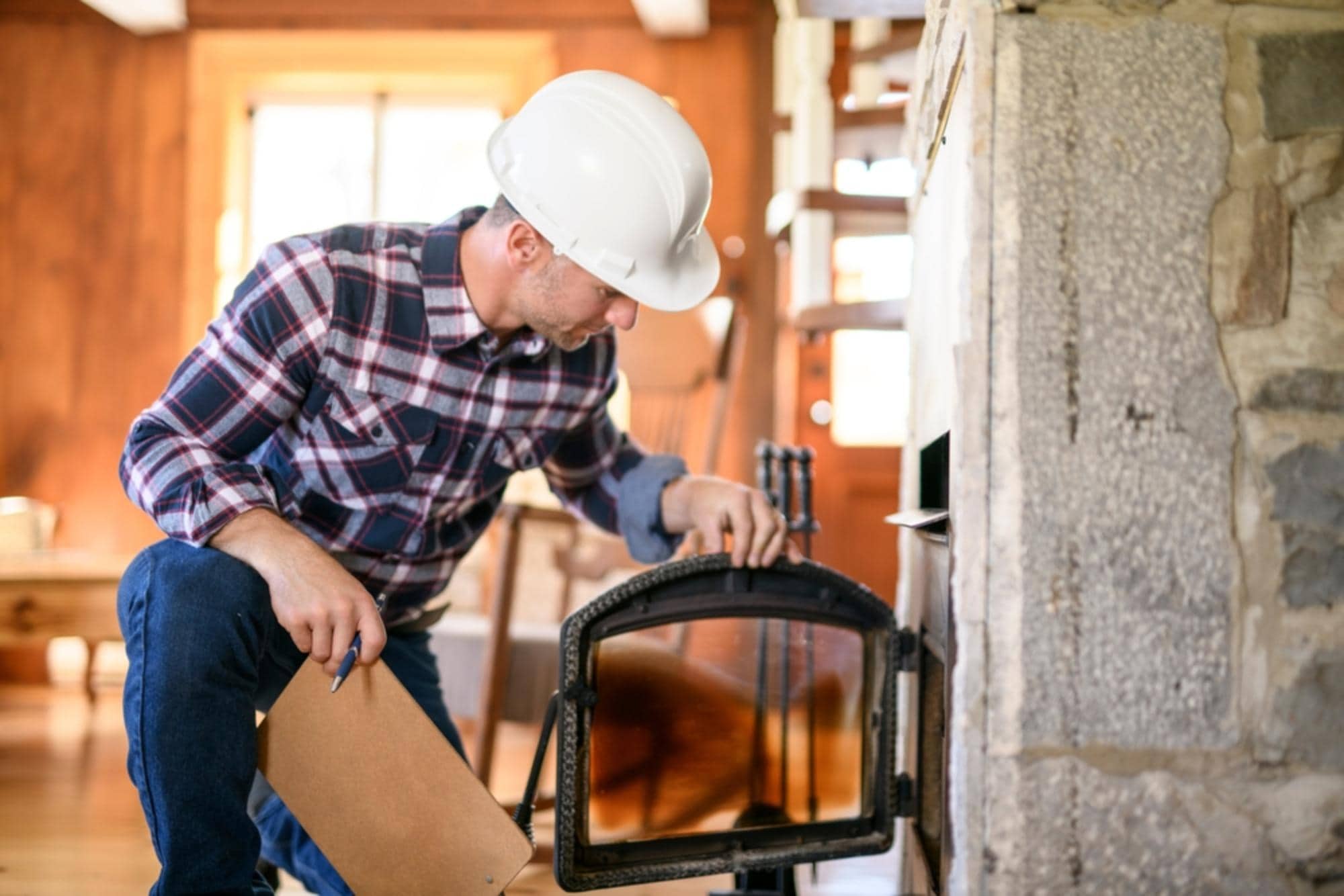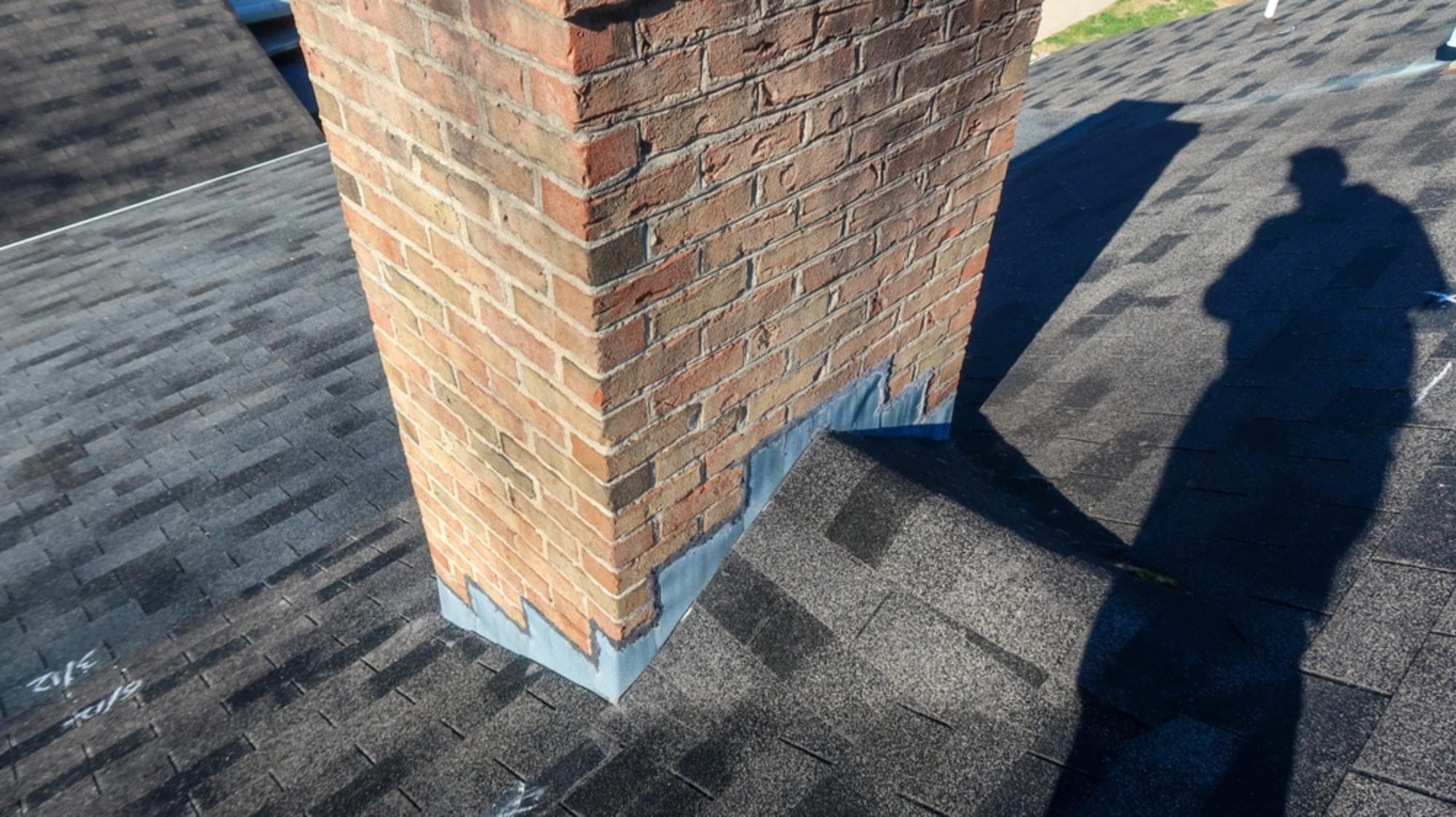Professional chimney inspection services that keep your Raynham Center home safe and your family protected.

Hear from Our Customers

You get peace of mind knowing your chimney system is working properly and won’t put your family at risk. A professional inspection catches problems before they become expensive repairs or dangerous situations.
When your chimney is inspected by certified professionals, you’re protecting your home investment and ensuring efficient heating performance. You’ll know exactly what condition your chimney is in and what steps to take next.
Whether you’re preparing for winter heating season or buying and selling a home, a thorough chimney inspection gives you the confidence to move forward safely.
Above and Beyond Chimney has been serving homeowners throughout Bristol County, including Raynham Center, for over 25 years. Our CSIA-certified technicians understand the unique challenges that Massachusetts weather brings to chimney systems.
We know the local building codes and inspection requirements that Bristol County homeowners face. From historic homes with original masonry to newer construction, we’ve seen it all.
Our family-owned company built its reputation on honest assessments and reliable service. When you call us, you’re getting technicians who understand New England chimneys and the specific needs of Raynham Center homeowners.

We start with a visual examination of all accessible parts of your chimney system, including the exterior, interior, and connection points. Our technicians check for structural issues, blockages, and proper ventilation.
For Level 2 inspections, we use specialized video equipment to examine the inside of your flue from top to bottom. This gives us a clear view of areas that can’t be seen during a standard visual inspection.
After the inspection, you receive a detailed report explaining our findings and any recommended repairs or maintenance. We’ll walk you through everything we found and answer any questions you have about your chimney’s condition.

Ready to get started?
Your chimney inspection covers all the critical components that keep your system safe and efficient. We examine the chimney crown, flue liner, damper, and masonry for signs of damage or wear.
In Bristol County, many homes have older chimney systems that require specialized knowledge to inspect properly. We check for common issues like deteriorating mortar, damaged flue tiles, and inadequate ventilation that can develop over time.
Massachusetts regulations require specific inspection standards, especially when buying or selling a home. Our inspections meet all state requirements and provide the documentation you need for real estate transactions or insurance purposes.
